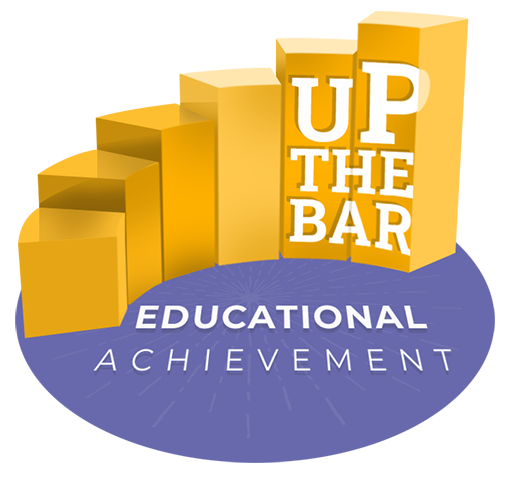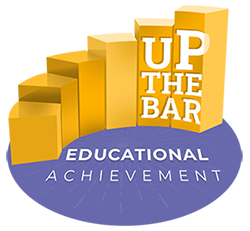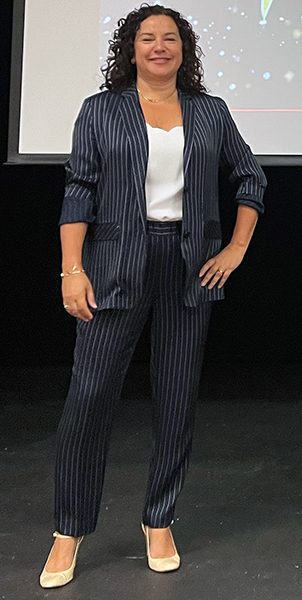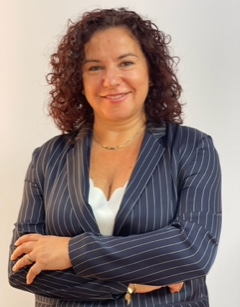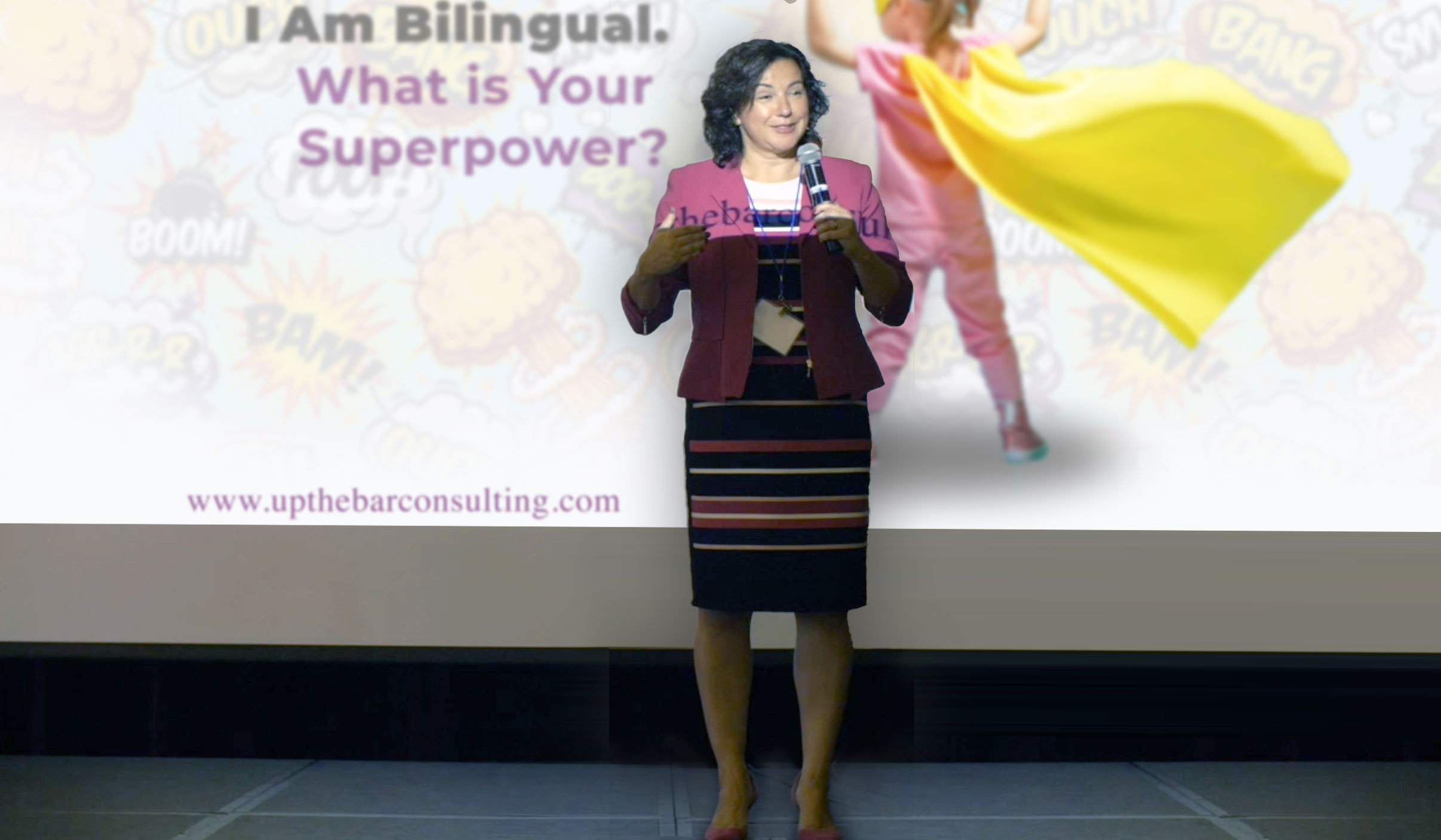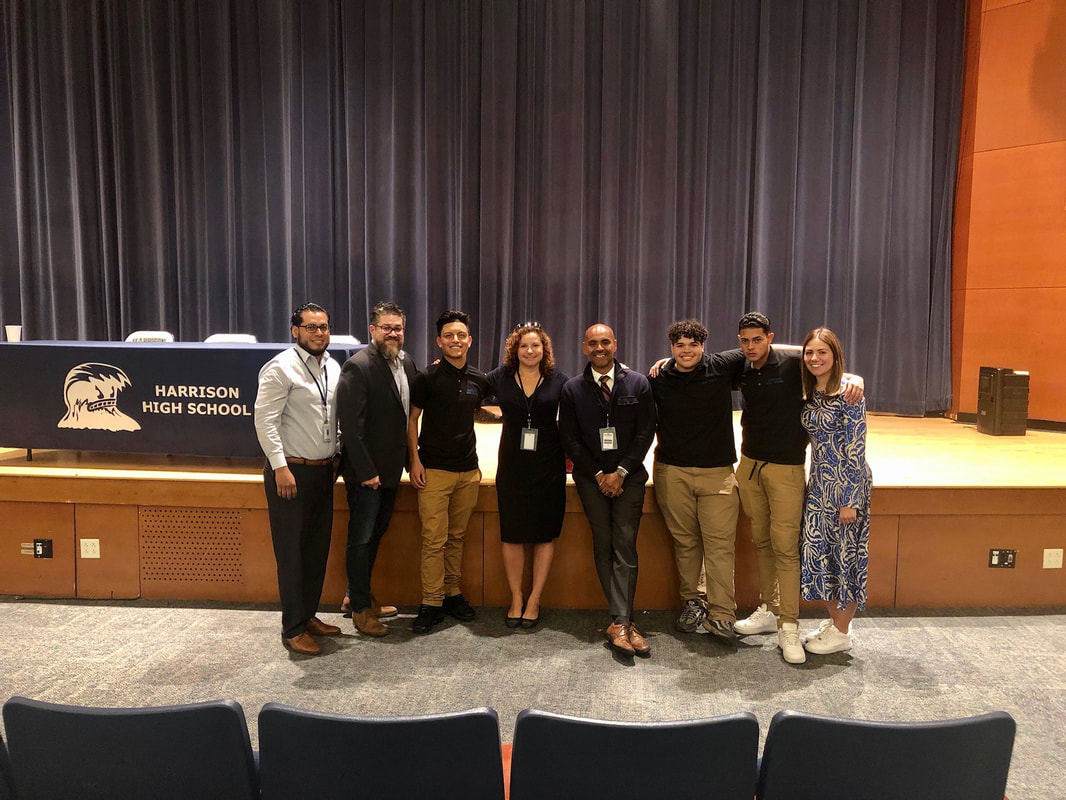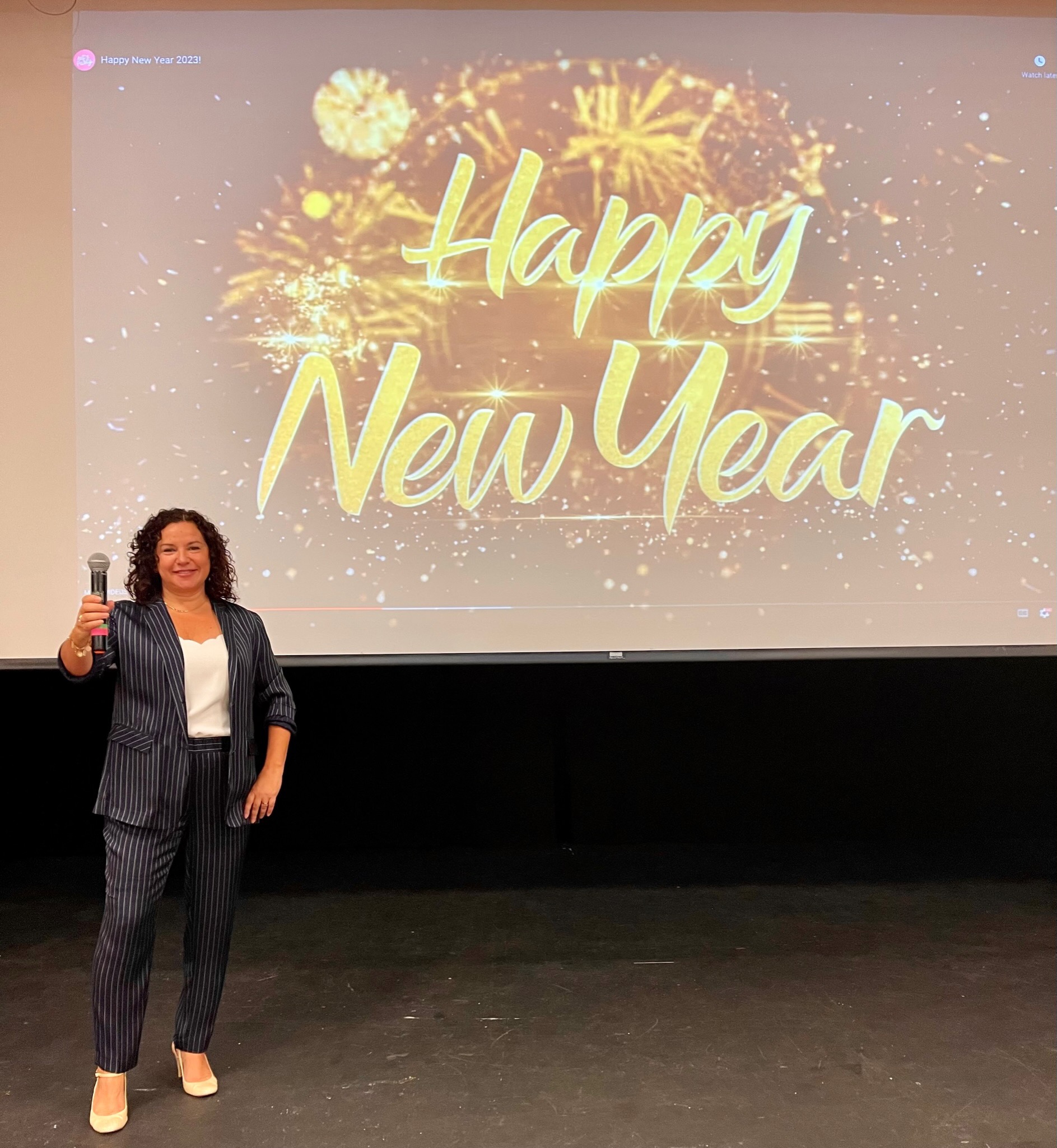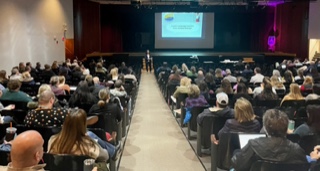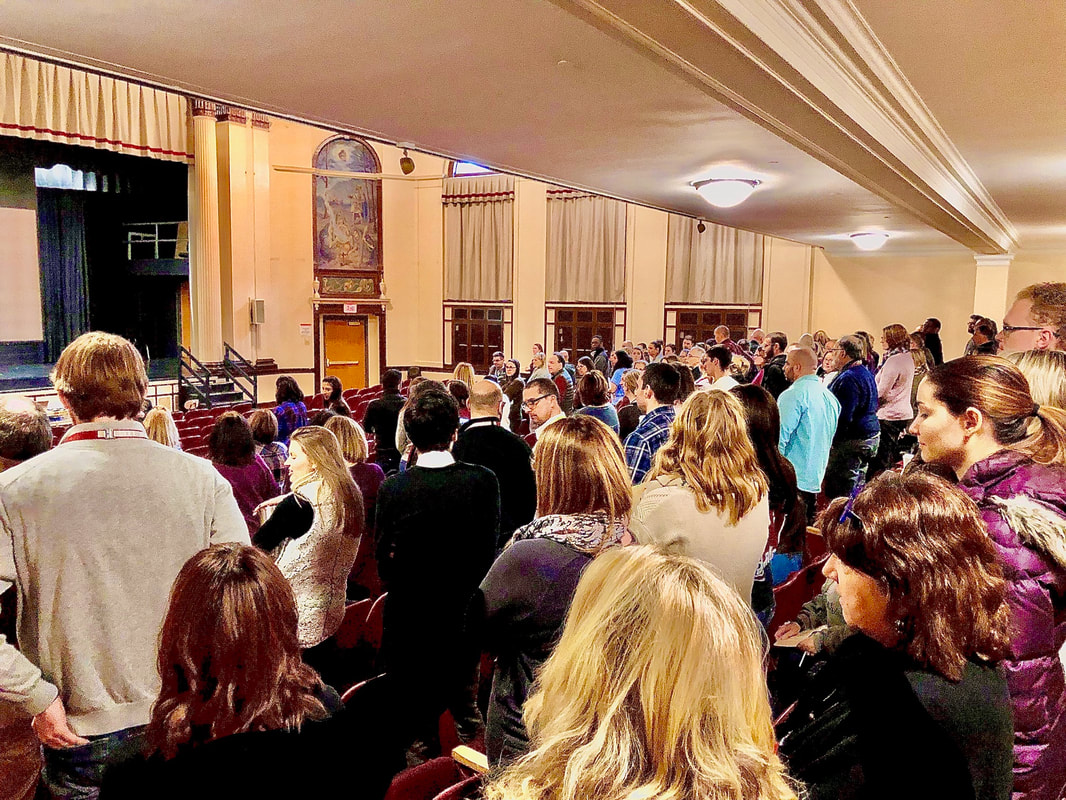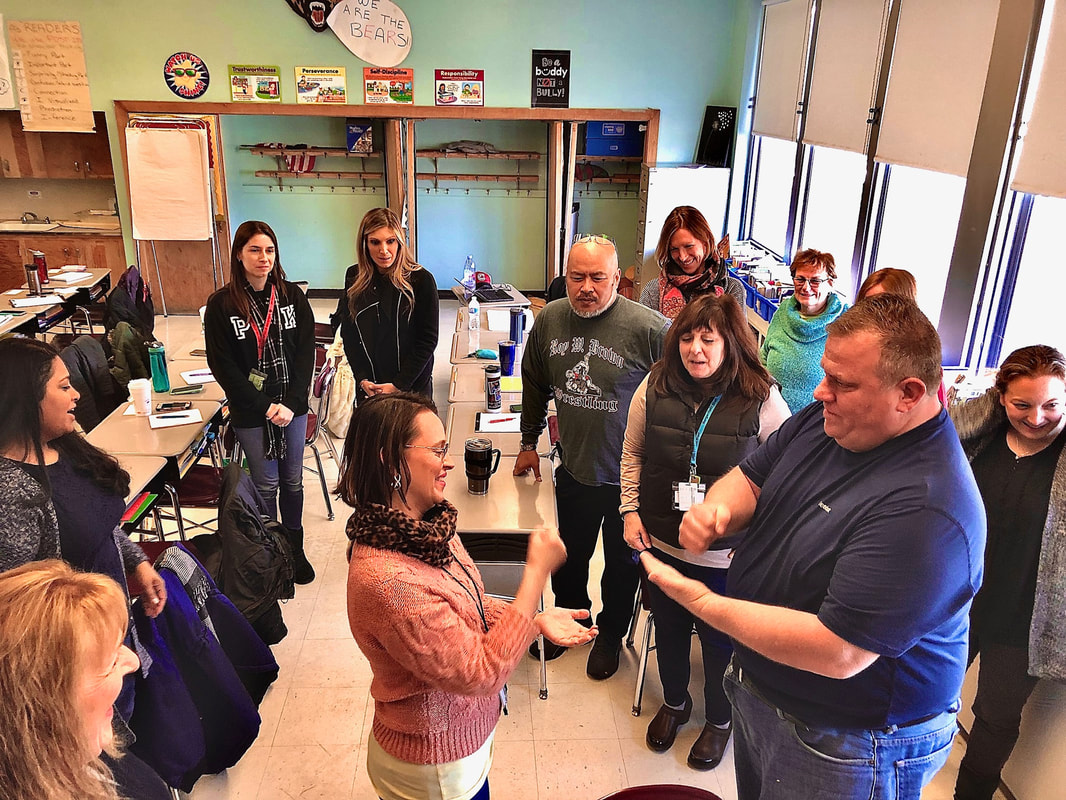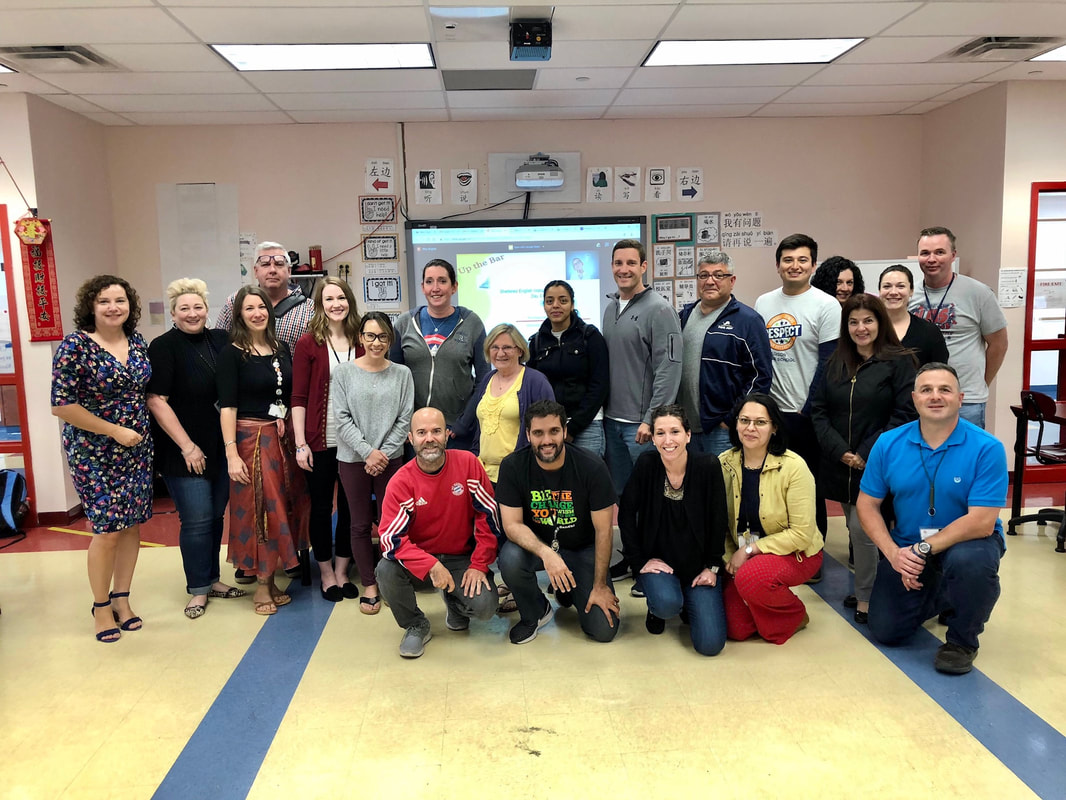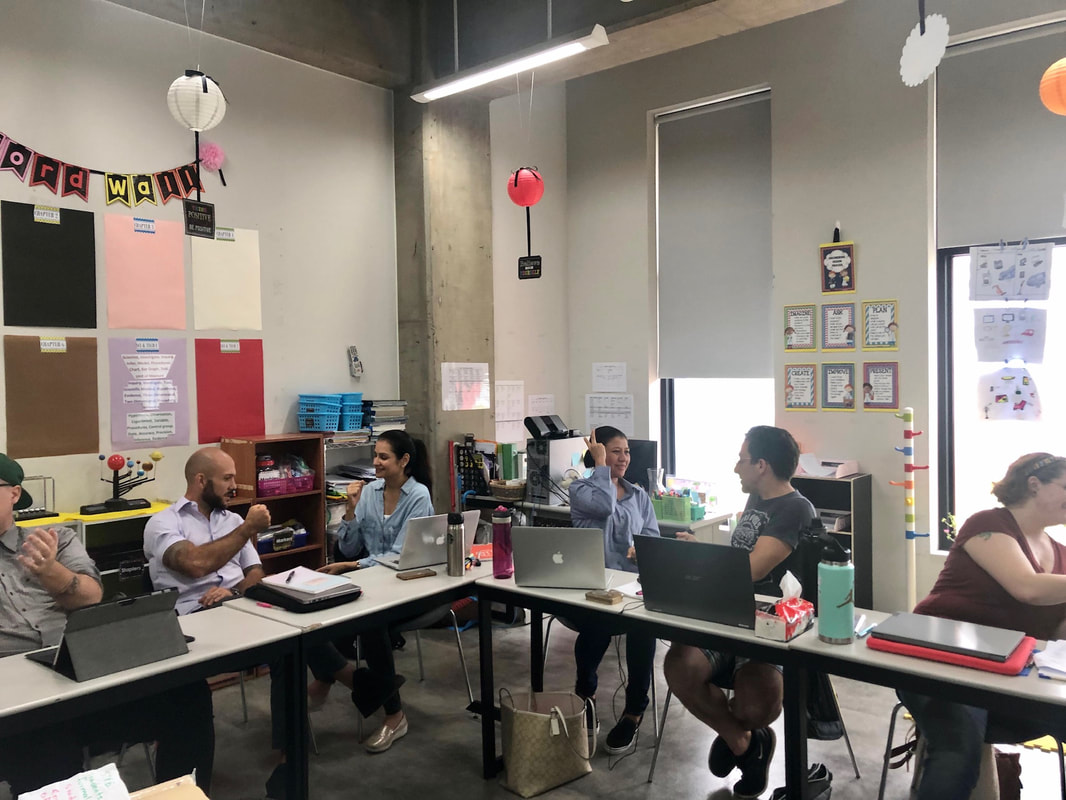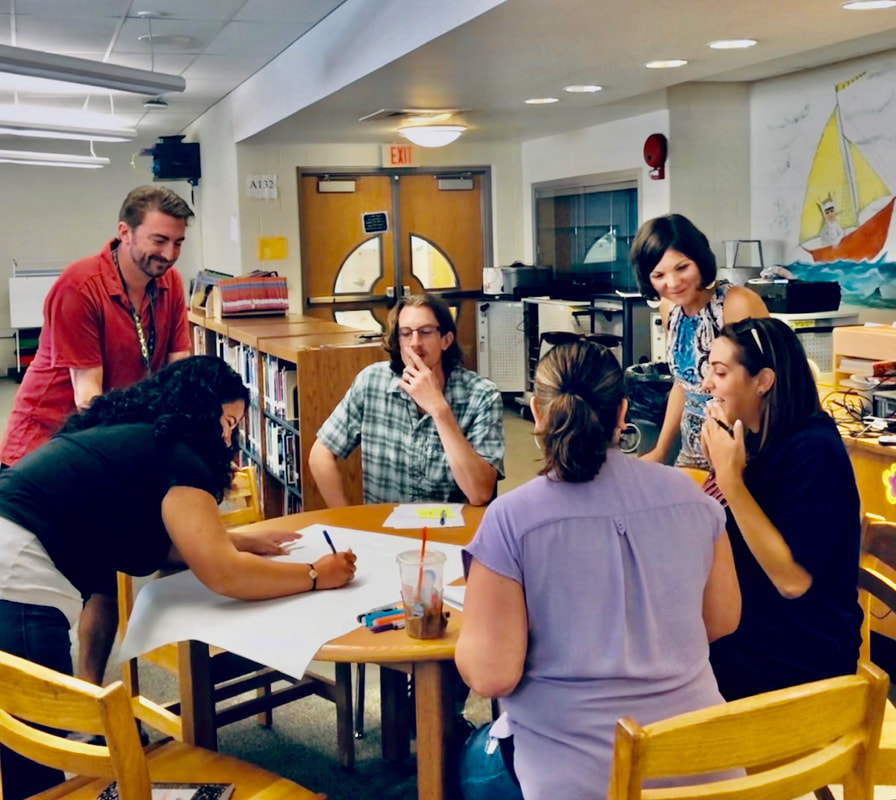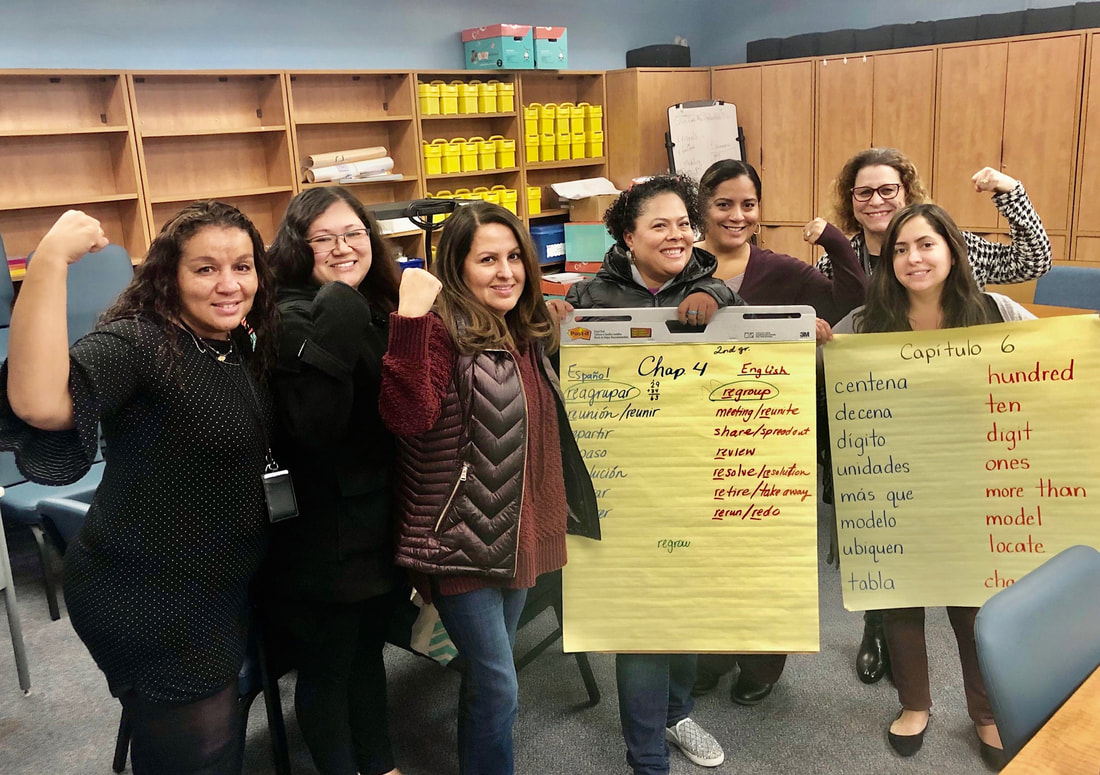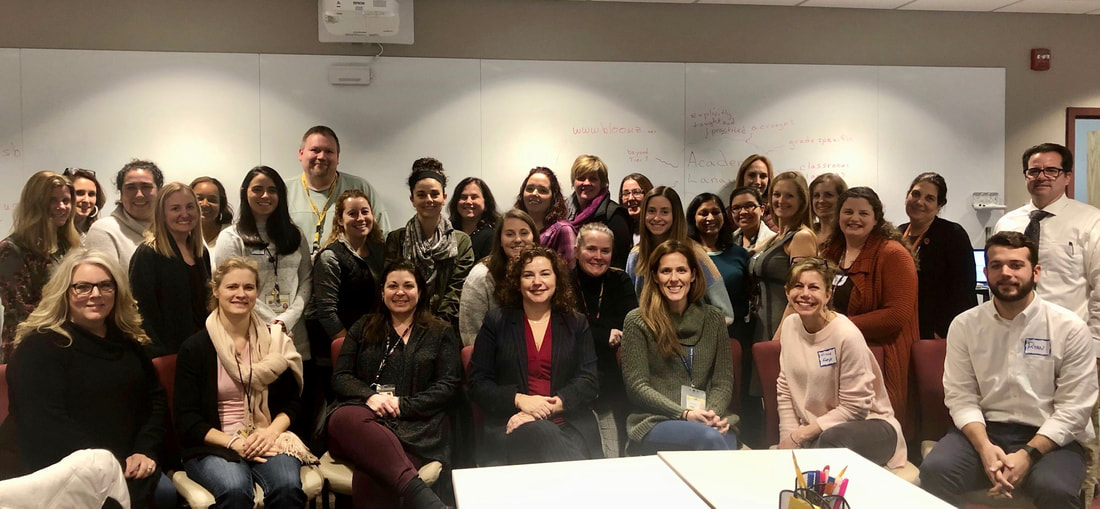What Our Clients Say
WE ARE GRATEFUL FOR THE LOVE
“Passaic’s partnership with Up the Bar has been impactful and meaningful! For 15 years, Up the Bar has trained, coached, and guided teachers, school, and central office leaders to improve teaching and learning. We are so grateful for Up the Bar!”
“Ms. Matos-Kruck has been consulting in our district since 2015. During this time she has transformed our views regarding the education of our multilingual learners as well as helped to train all of our teachers on scaffolding and differentiation. Most of all, she has helped our administrators understand and implement equitable and culturally responsive practices. Because of her continued dedication to our students, teachers, and administrators, we have seen tremendous growth and progress. We thank her and her team for all they continue to do for us.”
“I am delighted to offer my enthusiastic endorsement for Up The Bar, a remarkable partner that has significantly contributed to the success of our district’s educational initiatives. Over the past two years, Up The Bar has played a pivotal role in training over 50 of our staff members in Sheltered English Instruction (SEI), enhancing our ability to serve multilingual learners effectively. Their dynamic trainers, marked by professionalism and an engaging teaching style, ensured that our educators not only learned but also felt inspired to implement SEI strategies in their classrooms. Utilizing the coaching cycle, they provided ongoing support, customized to our specific needs, which has been instrumental in sustaining the implementation of SEI practices. Furthermore, Up The Bar Consulting’s commitment to continuous improvement and its positive impact on student learning have been evident, making them an invaluable asset to our district’s pursuit of educational excellence.”
Thanks to the team at Up the Bar Educational Achievement for the wonderful partnership!
I highly recommend Ms. Susana Matos-Kruk for presenting PD in your education system. She worked with us in Garfield and all teachers and administrators found her to be an extremely engaging, dynamic, intelligent, interesting, and high energy person. We found her to be highly knowledgeable on the subject matter. She kept the momentum going throughout the day by using different activities to assure all staff were participating at all times, and moved smoothly through the activities so there was no down time. There was whole group instruction and small group work. She switched the groups up so there was more interaction among the staff. Teachers willingly moved out of their comfort zone and went with the flow of activities; Ms. Matos-Kruck is very personable and invites you to participate in a meaningful manner. She makes you feel that you want to be involved. Ms. Matos-Kruck designed her presentation to meet the needs of our district in every detail. She will do the same for you. All teacher surveys on her PD came back rating her as highly effective. There aren’t enough superlatives to describe Ms. Matos-Kruck and I look forward to working with her again. She will be highly effective in your education system too!
Over the past 6 years, I have had the pleasure of working with Susana in two different capacities: first, when I was a special education teacher and then when I was promoted to assistant principal. While I was teaching, Susana challenged my thinking and my approach to education. We often engaged in thoughtful debate about the nature of educational equity and how we could best position ourselves to deliver a quality education to all students. In my role as assistant principal, Susana provided me with valuable support and insight as she continued to coach and train my staff of teachers. I find her opinions interesting, thought provoking and intellectually challenging. I greatly value the times we have shared as they have helped shape me. I recommend Susana wholeheartedly because I am confident that she will be successful at anything she chooses to accomplish. Please feel free to contact me with any questions regarding this matter.
I was lucky enough to begin my teaching career six years ago in a district rich in diversity, and full of opportunities to do my best work as an educator. Much of my success in the classroom is a result of the many strategies Susana Matos-Kruck helped me to develop. She is passionate about her work, and is dedicated to encouraging educators to “up the bar” so that students can reach their full academic potential.
Susana Matos-Kruck coached me to apply differentiated instruction across curricular areas. She also helped me to understand how to use data to drive instruction in my classroom, and to use data to perform interventions. Her workshop on reciprocal teaching strategies has helped me reinforce strong reading comprehension skills in my classroom. Her workshops are engaging and purposeful. Our district has greatly benefited from the work of Susana Matos-Kruck.
Susana was a great help to me and all the teachers of the Passaic School District…She is up to date on the current cutting edge issues in education and any new teaching techniques in education. Susana is here to help mentor and advise any teacher at any point in their career. She puts the kids first. I’m proud to work by her side.”
I am now retired from teaching, but I had the pleasure of attending several workshops given by Susana Matos-Kruck, before I retired. I am sure there may be some retired teachers that would leave the benefits, and knowledge gained through her workshops behind, but I am not one of those people. I still have a love of teaching in my heart, and her workshops will always be in my heart, and mind as well. While teaching, like most teachers, I attended workshop after workshop, but Susana’s workshops were always something to look forward to. She was not only there to give workshops, but to listen to our problems, and concerns, as well. They were always interesting, and sometimes entertaining. Although I taught for almost 30 years, I always left her workshops feeling like I learned something new. A new approach, or strategy to help my teaching, and as a result help my students learn, most importantly of all. I highly recommend Susana Matos-Kruck to any school, and teacher to help teachers teach more effectively.
“Susana Matos-Kruck came to Passaic High School to address our need to improve Climate & Culture. The staff was extremely receptive to the content of her information due, primarily, to her professional delivery of instruction and the respect and understanding with which she worked with the staff. Susana not only has the depth of knowledge but possesses the ability to deliver the material.”
